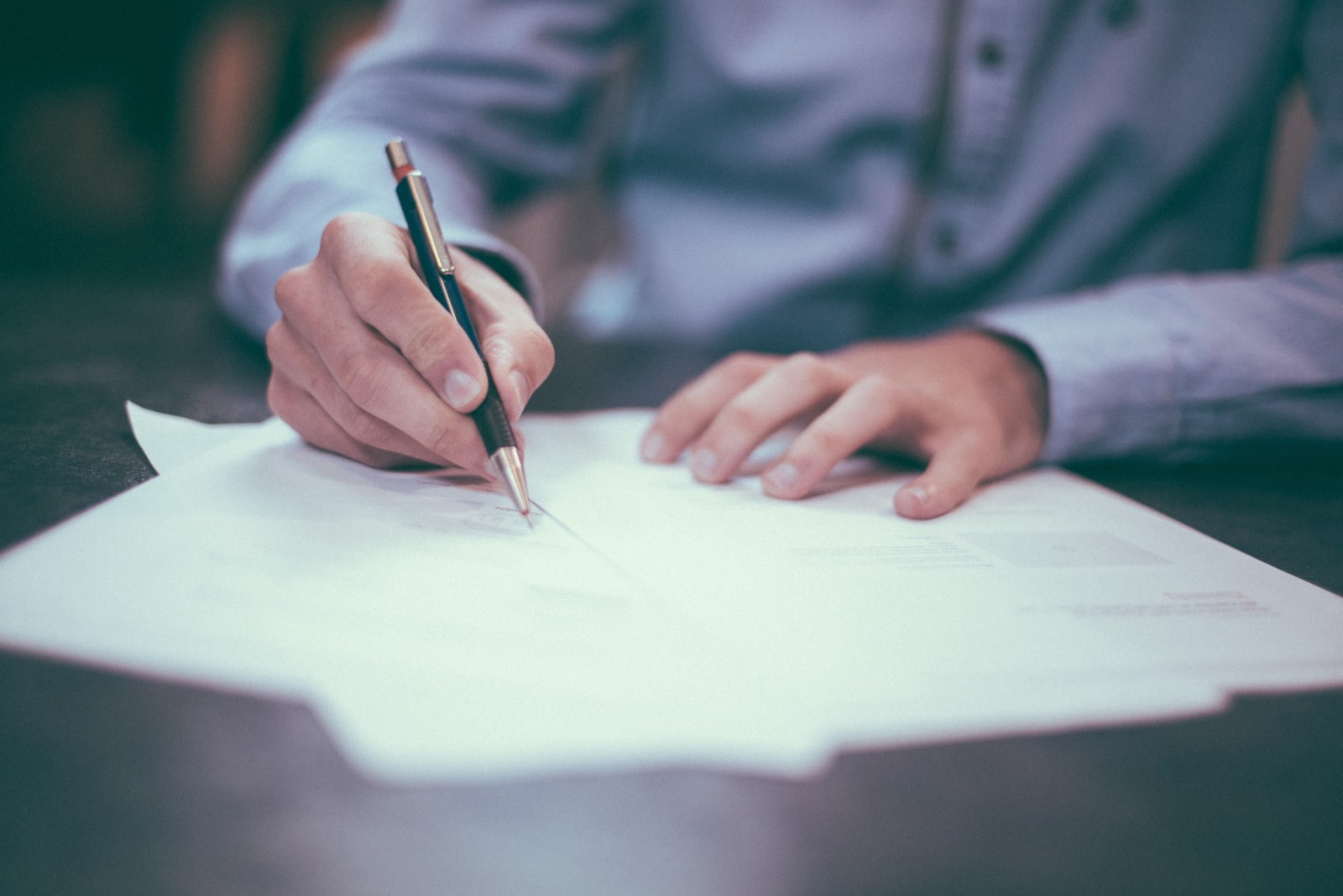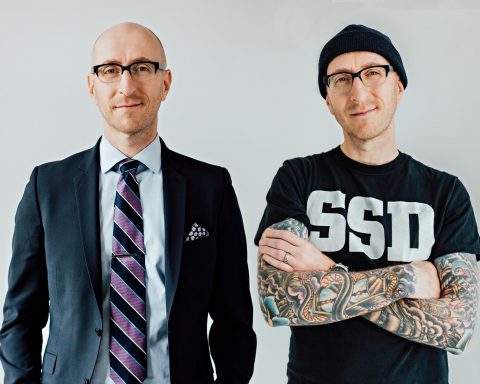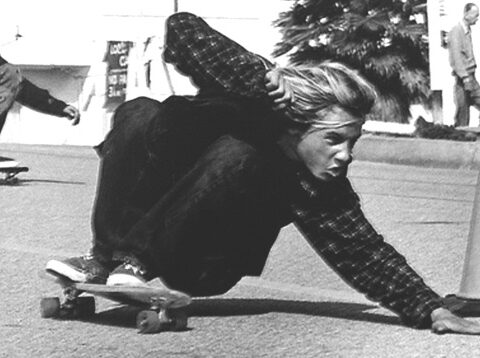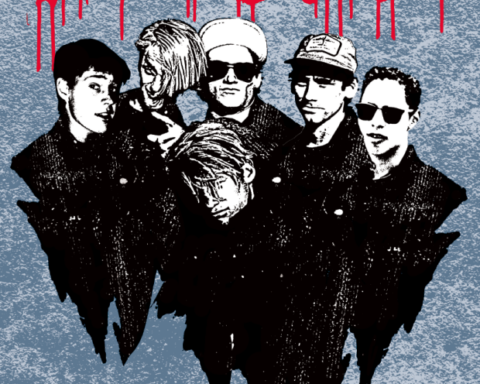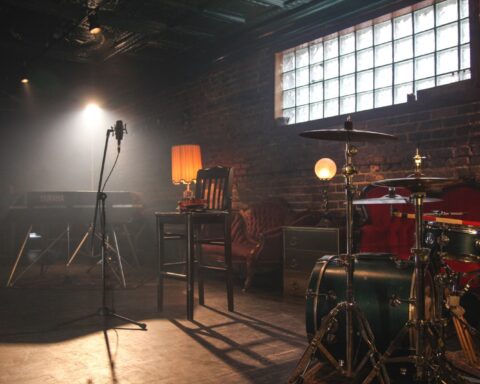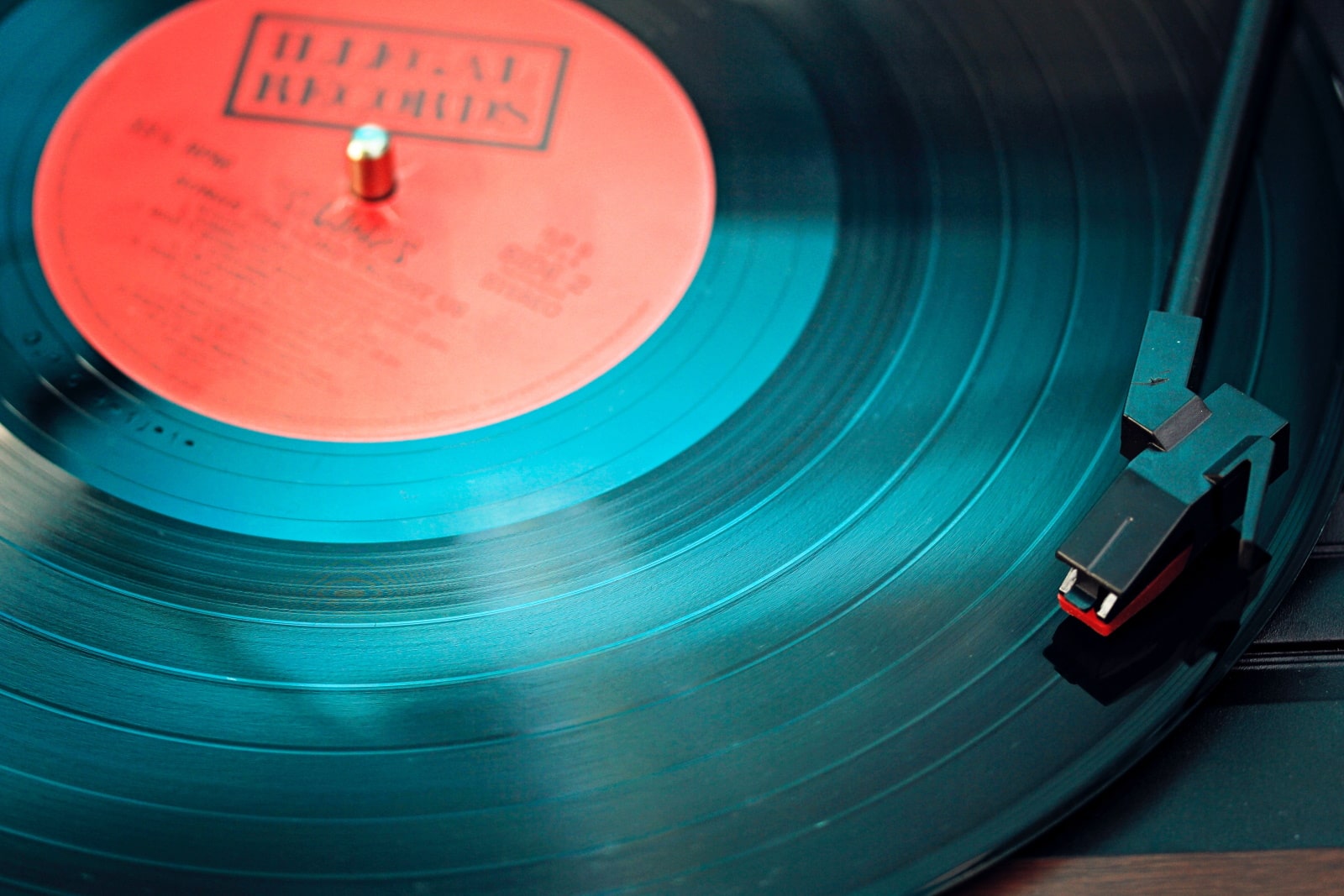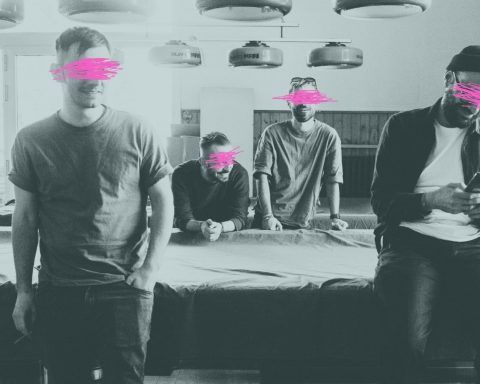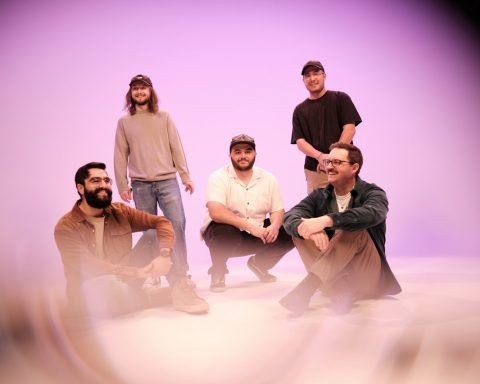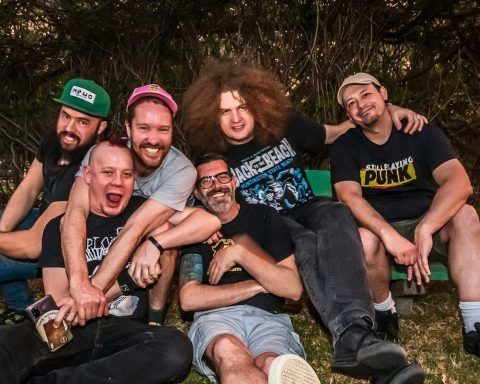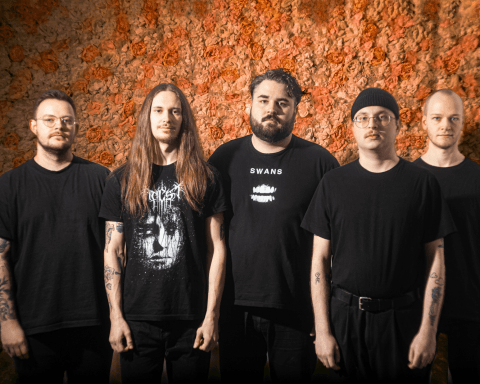Music licensing is an excellent way for independent artists to showcase original work and potentially develop relationships to establish a solid music career with their music.
In addition, music licensing allows music supervisors, producers, filmmakers, and other creatives to utilize original music for various projects. As a result, many independent artists get featured in television commercials, online advertisements, feature films, and more.
Suppose you are interested in the idea of earning money for your music through licensing, but you feel overwhelmed by all of the complexities that are involved. In that case, it is vital to do some research and make sure you are prepared before submitting.
If you are new to creating original music, there are also certain aspects of copyright protection you should know of to assure you are receiving all due royalties. When you equip yourself with the knowledge of your rights and how to license properly, you will have no trouble submitting your music and establishing a network to grow your music career.
MUSIC COPYRIGHTS AND LICENSES
When you develop and create an original musical track, you make two works protected by musical copyright. Those two things are:
- Musical Work – the musical work is the composition of the song with the lyrics.
- Musical Recording – the recording is the medium you have put the music on, such as a digital file, compact disc, cassette, or vinyl record.
Copyright protection exists for your music when it is developed. When you submit your music for licensing, anyone who wants to utilize your track has to license both works to do so. However, even with copyright protection, you can still register your work with the U.S. Copyright Office, which provides more benefits in case of infringement, and makes a public record of your ownership.
A music license allows someone other than the artist to use composition and recording of a song. The contract negotiated between the artist(s) and the licensee is the binding music license.
REGISTER WITH A PRO
One of the first things after creating your music that you should do and register with the copyright office if you choose to do so is to register your music with a Performing Rights Organization (PRO).
These organizations, such as ASCAP or BMI, help ensure that you receive royalties when your songs are used. Additionally, artists can also look for a full-service music agency that offers licensing and copyright services to musicians, brands, creatives, and filmmakers.
Such music licensing are trusted for their bespoke services for music production, music supervision, customizations, and more offering you a one-stop solution for every technical complexity of securing your music rights.
MIXING AND MASTERING YOUR MUSICAL WORKS
Before you submit for music licensing, your music needs to be mixed and mastered as a finalrecording. You cannot submit samples or rough demos. Your music needs to be submitted most professionally. The songs don’t have to be perfect for submission, but you want to make sure they sound good.
If you do not have a budget to hire a sound engineer, you can research at-home equipment and software to invest in to make your musical mix sound better. There is even free audio software that you can use until you can make more of an investment in your sound mixing.
Since most music recordings are done digitally, the most commonly used form of your final master should be in an MP3 or WAV audio file.
Remember that the music doesn’t have to be so loud, but it should sound clear and polished. If you have a loud master track, it can actually interfere with the music licensing library’s audio mark that they put on your track for interested parties to demo.
CREATE MUSIC METADATA FOR THE ORGANIZATION
As an independent artist, the chances are that you are not creating just one or two songs that you will submit for licensing. Therefore, you can optimize your chances of being recognized by categorizing and organizing your music with metadata. Using specific words will allow people to find your musical content easily when searching music libraries, states the music producer at Track Club Music in reference to creations by the independent musicians.
Metadata is typically formed with the following categories:
- Title of Song
- Artist(s)
- Musical type or genre (you can also add a subgenre if the song encompasses more than one type)
- Composer (if different than the artist, or if the artist enlisted assistance from an outside party)
- Year developed or released
YOUR PAYMENT OPTIONS
Probably one of the most crucial elements of submitting your music for licensing as an independent artist is knowing how you are compensated. There are a few different ways in which you can be paid for your original work:
- Sync Fees – These are fees paid by the licensee to the music library that you submit upfront and are dependent on the terms negotiated within your licensing agreement. You should understand as the owner of the copyrighted composition and recording, you can negotiate your fees. Typically, they get a percentage of that fee for featuring your music in their music library when going through a licensing agency.
- Ad Revenue – Sometimes, your music could be used in an advertisement fashion, such as a YouTube video. In this case, you receive a portion of the ad revenue. To do this, however, you need to be part of YouTube’s Content ID program.
- Performance Royalties – The PRO that you register with will be the one who collects the royalties that are owed to you, from whatever medium your music is utilized for – typically, you receive the royalties based on the number of plays/views.
KEEP MAKING MUSIC
Once you have developed your original music, have mixed and mastered the final recording, registered and created your metadata, you are ready to submit your music for licensing.
But – it doesn’t stop there. If you want to continue to be utilized and develop your own network of creatives who can license your tracks, you must keep their attention by continuing to make your music. You might not be able to continually use the same type of music over and over, so creating new riffs, transitions, and key changes within your music can be helpful.
The music industry is constantly evolving and changing in what becomes popular or necessary, so you should also strive to keep your original compositions unique and exciting. For instance, you could listen to some of your favorite songs and use them as inspiration to create innovative new music, maybe utilizing a different instrument like a violin or an oboe.
Think about possibly branching out into different genres or even mixing some genres into your style. Be creative and continue to produce clever lyrics that grab the listeners’ attention, and you will soon find yourself creating music that will be heard worldwide.



